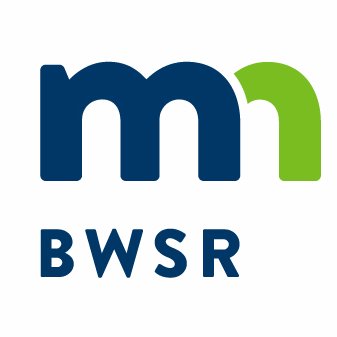Contact: Mary Juhl; mary.juhl@state.mn.us, 612-358-5733
ST. PAUL, Minn. — The Minnesota Board of Water and Soil Resources (BWSR) is preparing to provide each soil and water conservation district (SWCD) in the state with grant funding to support soil health delivery. A total of $6.4 million is available to Minnesota SWCDs.
Conservation practices such as no-till farming, planting cover crops and rotational grazing can boost soil health, which can help improve crop productivity and make farms more resilient to erosion and extreme weather events.
“Supporting Minnesota farmers who choose to adapt their operational systems to incorporate soil health principles is key to seeing systematic, large-scale conservation and productivity benefits over time,” BWSR Executive Director John Jaschke said. “This funding will help make an impact where it matters most — at the local level.”
BWSR is engaging all Minnesota SWCDs in a Request for Interest process that opened today and closes July 2 to help refine funding needs for each district. Funds are intended to support outreach and education efforts related to local soil health initiatives and can also be used to help landowners implement practices that increase soil health. Learn more.
The soil health delivery grants are one piece of BWSR’s long-term approach to supporting soil health programs statewide. In March, BWSR awarded more than $17 million in Soil Health Staffing Grants to 40 SWCDs to increase local expertise related to soil health and provide additional contacts for landowners. Later this summer, BWSR intends to leverage $25 million in Regional Conservation Partnership Program (RCPP) funding awarded to the agency by the USDA’s Natural Resources Conservation Service in November 2023 to offer direct financial support to landowners who implement soil health practices.
Soil health is identified as a priority in the state’s Climate Action Framework.

